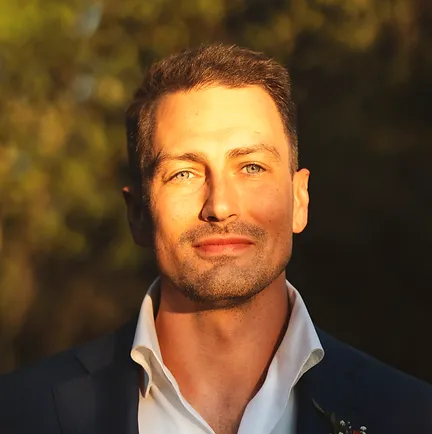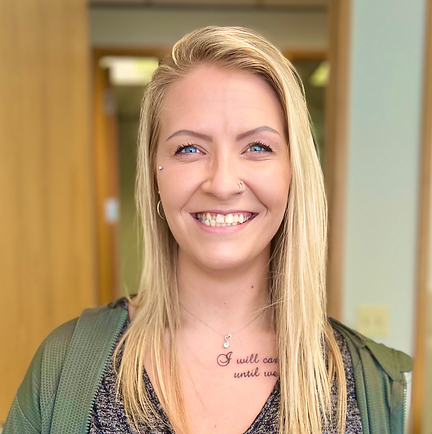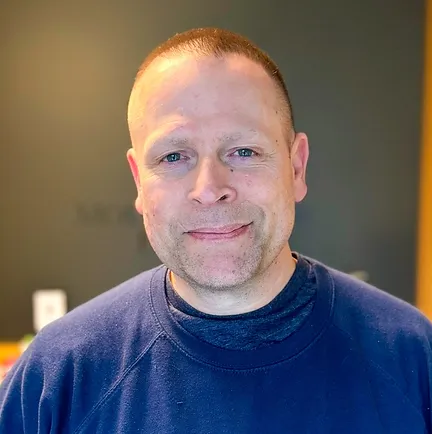



Founded
Occupancy
Accreditation
Who We Treat
Specializations
Levels of Care
About Mountain View Treatment
Mountain View Treatment focuses on you. Designed for the client by those who understand what it means to be a client, this experienced organization knows recovery. It recognizes that sobriety does not impact any one person the same because addiction does not follow any one set of rules, so treatment shouldn’t either. That’s why we believe the view starts with you. Mountain View customizes its programs with the individual in mind taking the time to get to know who you are and how we can help.
Accepted Insurances
Treatment
Staff

I've learned firsthand how a change of view can change a life. This is what drives me to give back and help others in this community. I came back to my hometown here in Washington to create a place for all to recover that truly feels like home. I believe Mountain View Health is that place.
Tanner Monstad
Founder

If you find yourself in a hole, the best thing you can do for yourself is to stop digging.' With firsthand experience in recovery, working in the field gives me the chance to give others what I have been given - a chance to change, a chance to grow, a chance to never forget where I have come from
Tara
Clinician

My own experience in recovery taught me to appreciate the challenges we all face, and that the hardest ones end up shaping the people we become. We rarely overcome those challenges alone, so whenever I have an opportunity to accompany another human being through their own challenges, I am reminded of how much of an honor that is, and that simply believing in a person's capacity to overcome and reminding them of it, can be instrumental in empowering them through barriers that had otherwise seemed impossible. Twelve years after deciding to pursue a career in human service, I still wake each morning grateful for how fortunate I am to practice within such a rewarding field, one that not only brings me joy, but constantly reminds me that we are so much more than we often believe we are.
